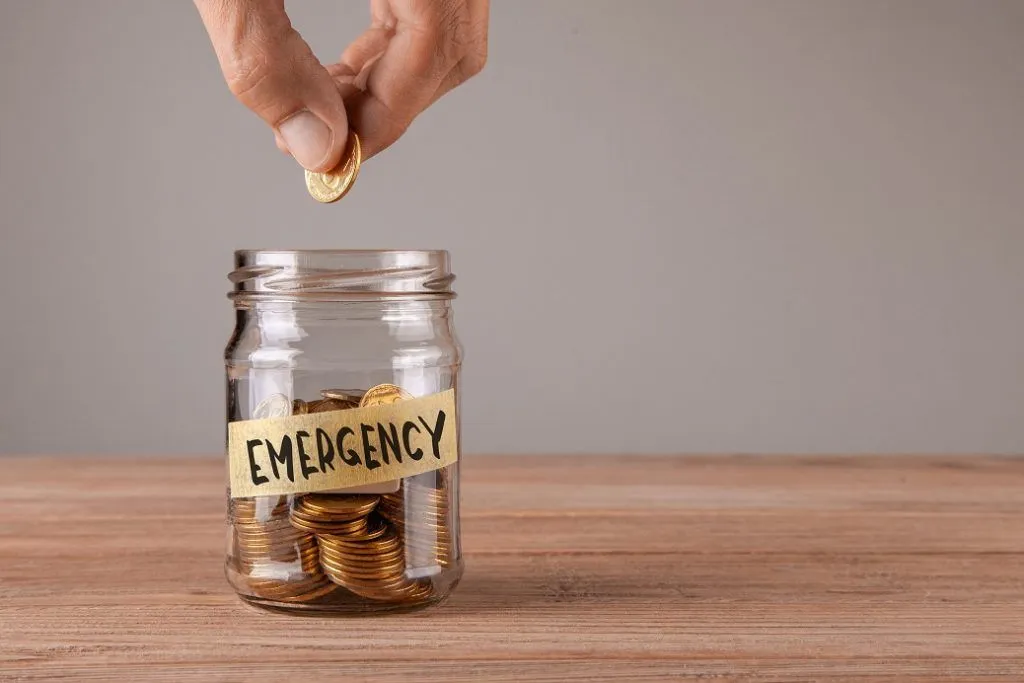Capital Gains Taxes When You Sell a Property
When you sell a property, you will owe taxes on any capital gains. The amount of tax depends on the state tax code. For individuals, the capital gains tax allowance is PS12,300. For married couples or those in a civil partnership, the allowance is twice as high. The federal government also collects a portion of the capital gains taxes, which means that you should learn your state’s tax code. The federal government’s debt is a huge issue, and it may increase capital gains taxes in order to balance the budget.
Taxes on capital gains are based on the basis in an asset. The basis is the price you paid for the asset when you purchased it. The difference between the sale price and basis is what constitutes the gain for tax purposes. However, the rates for long-term capital gains are significantly lower than for regular income tax. You can also pay a higher rate if you sell certain collectibles or small business stocks. Some states do not tax capital gains at all.
If you’re selling an asset, you must report the gain, including the cost basis. The IRS uses the cost basis to calculate the amount of capital gains tax you owe. It’s crucial to calculate the cost basis correctly, or you could end up paying too much in tax. Fortunately, there are some ways to offset your gains and losses. Unlike ordinary income tax, capital losses can offset both short-term and long-term gains.
A long-term capital gain is the difference between the price of the asset and the price at which you bought it. It’s important to understand that you can avoid paying too much tax on long-term capital gains. A good rule of thumb is to keep your gains below 25%. That way, you can save a lot of money. So, if you sell your property for more than $300k, you’ll owe only 25 percent.
It’s important to understand that capital gains taxes are paid on non-inventory assets such as shares, precious metals, and even second homes. The lower margin for profit is set by the government. Generally, a profit is the difference between the value you bought and the price of the asset you sold. A long-term capital gains tax rate is at least 20%. There are many reasons why someone would sell a stock early.
You can decrease the amount of capital gains taxes by lowering your holding period. If you sell a profitable investment before the end of the year, you can qualify for a lower capital gains rate. Depending on the amount you’ve invested, you may be able to avoid paying capital gains taxes altogether. If you’ve been holding a losing investment for a short time, sell it and do not buy it back within 30 days.
Depending on how long you’ve held the asset, capital gains taxes can be short-term or long-term. If you held the asset for less than a year, the short-term capital gains tax rate is equal to your ordinary income tax rate. If you held the asset for a year or more, however, you will owe long-term capital gains tax. Long-term capital gains are taxed at lower rates than short-term ones.












